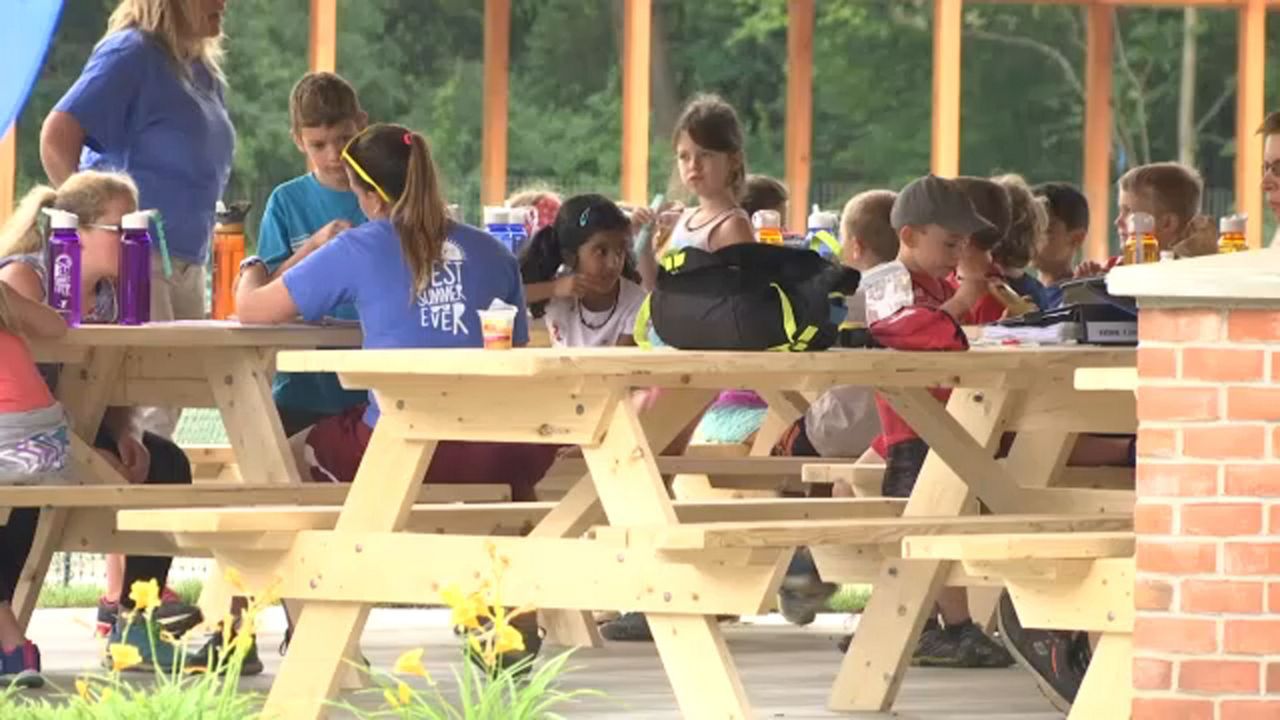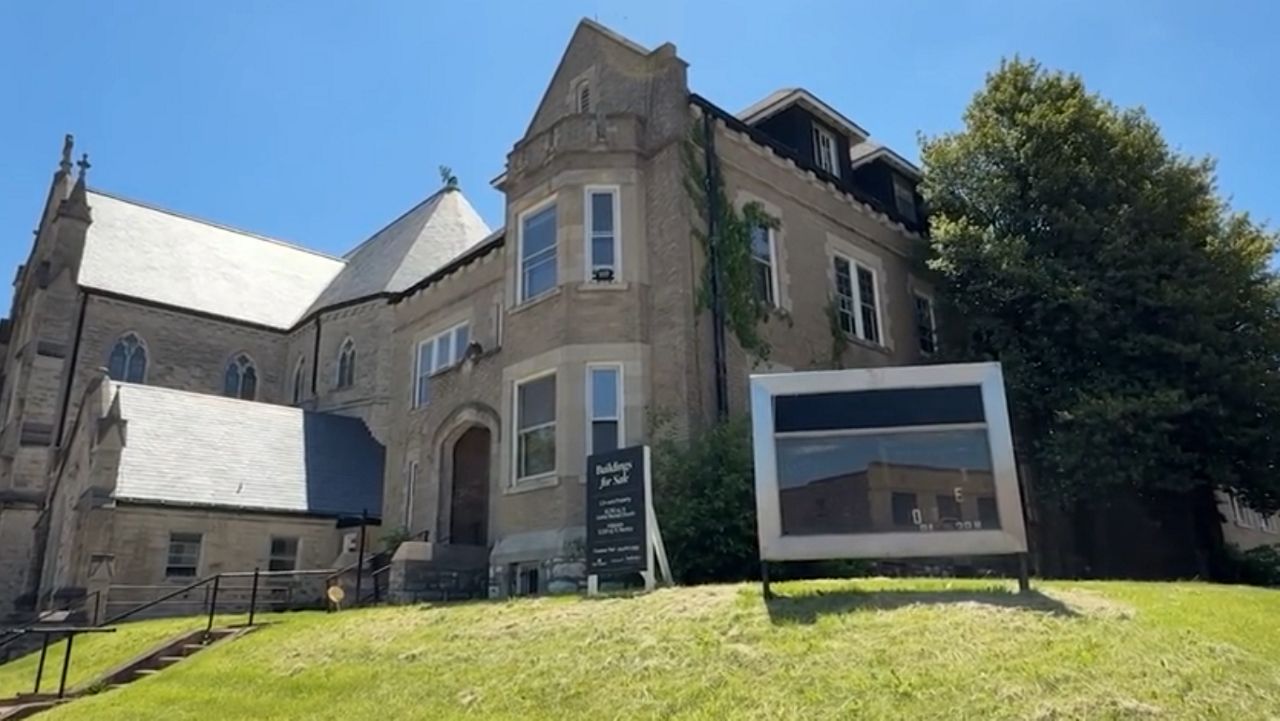ST. LOUIS—From archery to zip lining, there is a camp for nearly any activity in the St. Louis area, but what should parents consider before picking one for their child?
Summer camps do not need a license in Missouri, which means the state does not regulate them.
St. Louis County has updated its requirements for its recreational staff months after Travone Mister Jr., known as TJ, drowned at a south St. Louis County pool during a summer camp.
A county spokesperson says employees at the four recreation centers will be required to have CPR training. Also, the county has contracted with Midwest Pool Management to manage and staff its pools.
Eric Johnson, the recreation manager for St. Louis County Parks and Recreation, told Spectrum News the county wants all customer service, forward-facing employees to be CPR trained. He explained that includes positions like the maintenance crews, the front desk employees and the rink guard, among others.
St. Louis County offers several one-week camps throughout the summer. Johnson said hundreds of children attend the camps throughout the summer with the most attended ones having 50 campers a week.
“We really try to have as much constructive fun as possible between 9 a.m. and 3 p.m. We want them to be engaged, to laugh and be happy,” Johnson said.
He says in the days leading up to camp, counselors go over the curriculum, brainstorm ideas for themed weeks, make sure their CPR training is up to date, and go over safety rules and responsibilities.
Johnson says he fields a lot of questions from parents on the activities and curriculum their children will experience. He also encourages them to call one of the recreational complexes to learn more.
Adi Naumann is the recreation coordinator for the St. Charles Parks & Recreation Department and says she also fields a lot of calls from prospective parents this time of the year.
"I feel like that is what I do for 50% of my time right now,” she explained. “Usually, I will talk to parents once, if not twice, before the summer.”
She said there are nearly 130 children and about 40 counselors at each of the city’s two camp locations every day throughout their summer sessions.
The staff go through nearly two weeks of training before the first day of camp, says Naumann. CPR training is required as well as a First-Aid certification. She said there also is specific training for field trips and pool time and pointed out campers get an orange wristband so counselors can easily identify children.
For picking the right camp, Naumann suggested one of the biggest things parents should consider is the ratio of counselors to campers. Her department’s ratios are:
In the park: one counselor for every 10 children
At the pool/field trip: one counselor for every five to eight children based on situation
She also pointed out parents should reflect on what they and their child want out of a summer camp. She suggests considering outdoor versus indoor options, the number of field trips, and types of activities.
She also stressed communication is so important. St. Charles Parks & Recreation has a parents’ meeting before camp each year.
“Parents like to see where they are sending their babies. For them, sometimes maybe they just want to meet me or meet directors at camp, maybe ask day-to-day questions,” Naumann explained.
Both St. Charles and St. Louis County are hiring counselors. Johnson says in St. Louis County, you can stop by any of the four recreational centers for an on-site interview or contact the department.les officials say you can
The American Camp Association, which offers accreditation to camps across the country, dedicates a section of its website to how to choose a camp. It explains the difference between accreditation and licensing and also provides questions to ask camp directors. You can also find out if camps in your state are regulated.









